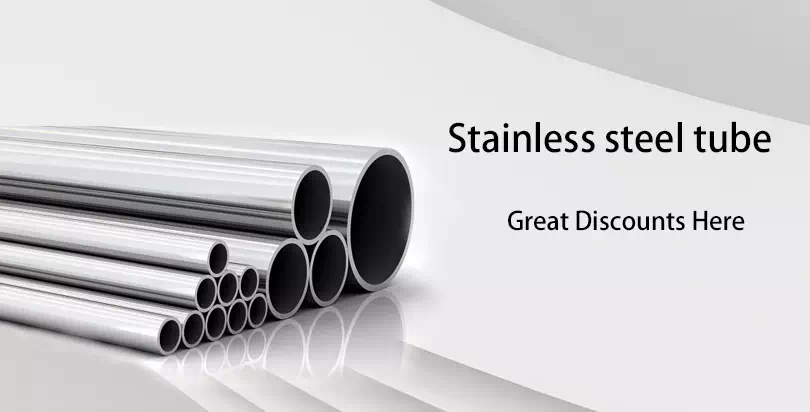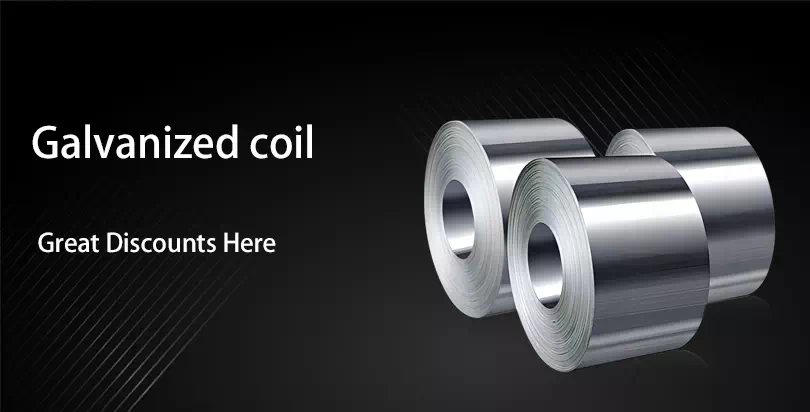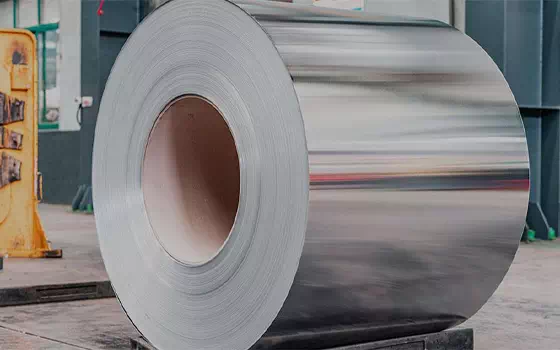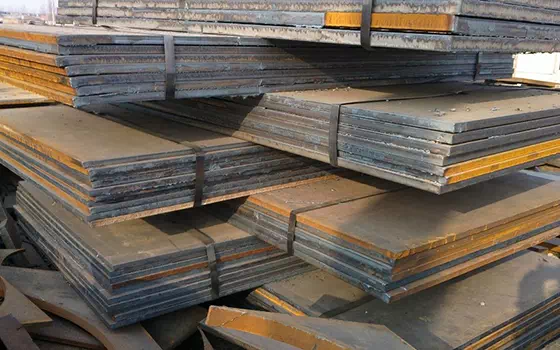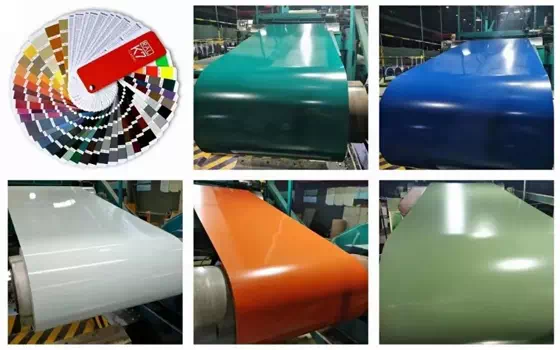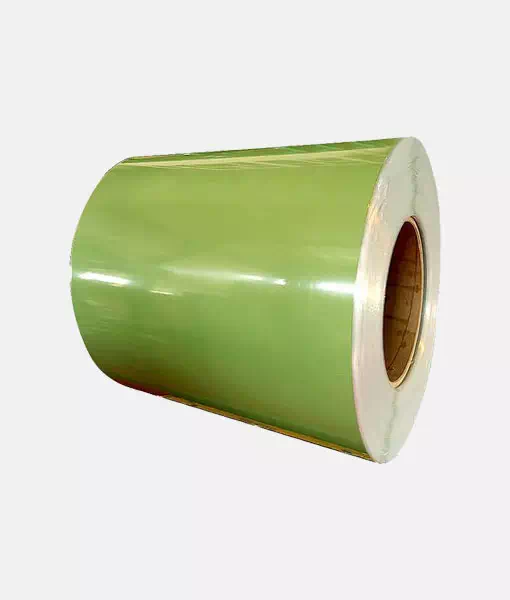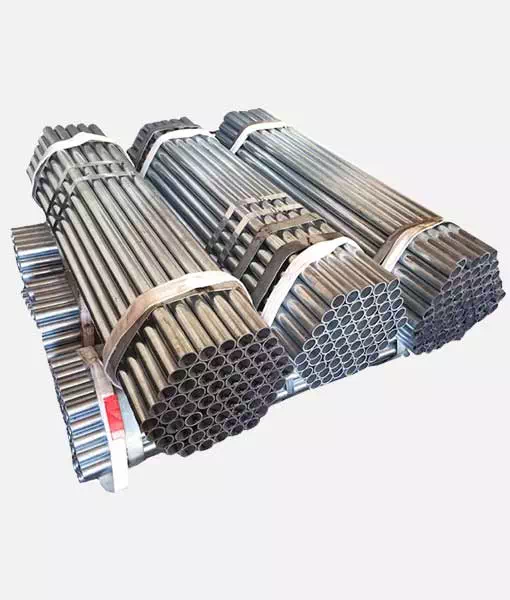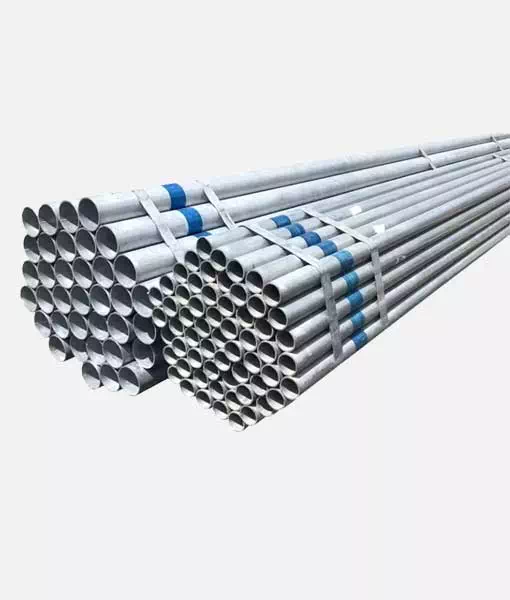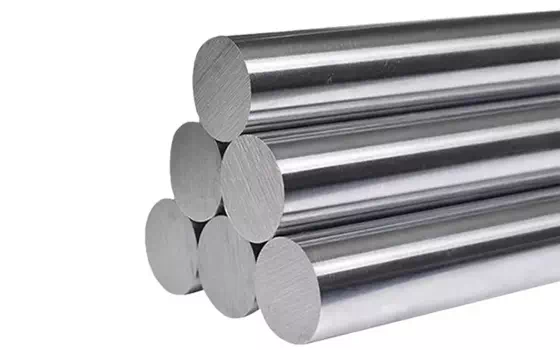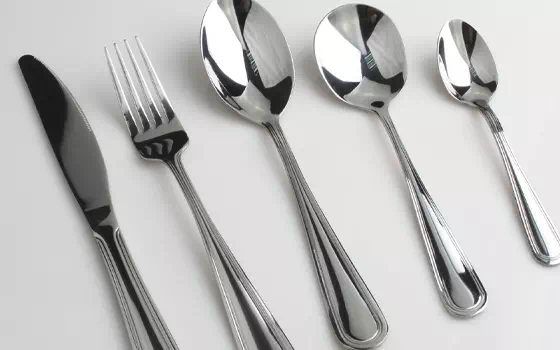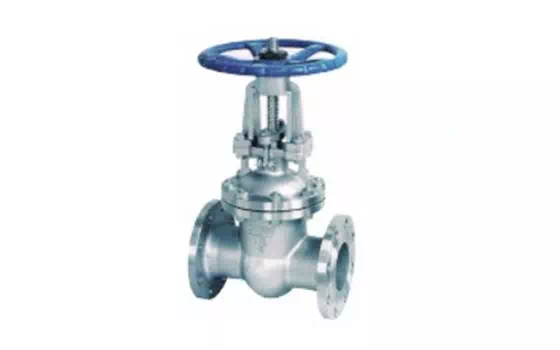Mechanical galvanizing layer, especially under initial conditions, is easy to produce corrosion on the surface of the coating in humid air. Transparent chromium and yellow chromium must be used for passivation treatment, in order to prevent the formation of chromium passivation film corrosion.
I. Main technological process of mechanical galvanized iron
Parts pre-treatment, oil removal, rust removal (can be processed offline) → water washing → flash plating replacement copper → water washing → mechanical galvanized transition bottom → mechanical galvanized → water polishing → parts poured out and separated → hot water washing (or parts surface chromium passivation, soak the relevant protective layer as required) → shake dry → inspection and acceptance.
2. parts pretreatment, oil removal, rust removal
For ordinary parts, conventional surface treatment methods can be used, but for high-strength steel matrix parts, rust removal, oxidation skin, especially pay attention to, because can not be used for a long time, corrosion and oxygen on the surface of parts containing hydrogen ions of strong acid chemical materials, this treatment will have a certain hydrogen infiltration effect on the steel matrix of parts, so should be solved by mechanical methods: Such as sand blasting, light decoration, shot blasting technology.
3. Flash copper
The replacement copper layer has no thickness requirement but should completely cover the part matrix surface. Its function is to improve the binding force of coating, promote the uniformity of coating surface state and prevent hydrogen ions from penetrating into the matrix. Another action found that mechanical galvanized parts and galvanized parts with the same thickness of galvanized coat were tested and compared with salt spray tanks because of the good conductivity of the copper layer. When the salt spray test reaches 11 cycles, it is found that due to the erosion of salt spray water flow, the edges and corners of galvanized parts appear red rust in batches. Although the matrix of mechanical galvanized edges and corners has been exposed, the edges and corners do not produce red rust: this is because the replacement copper layer resistance is small, the electron conduction is smooth, and the normal electrochemical cathode state of the iron matrix is guaranteed. Therefore, the replacement copper layer is particularly important for the electrochemical anticorrosion ability of mechanical galvanized layer structure. On internal plating replacement process, the United States general technical standard for mechanical galvanizing, specified ASTM--B695--91, internal flash plating replacement copper process has technical requirements: While the State Bureau of Machinery Industry promulgated and implemented in our country on January 1, 2000, standard JB/T8928-1999 for replacement copper layers in mechanical galvanized process has not made provisions, which can be determined according to the demands of both sides.
4. mechanical galvanized deposition transition bottom
This process is to replace the copper layer, the implementation step is to add quantitative mechanical galvanizing special initiator and a small amount of coated zinc powder in the rolling cylinder, rolling 3-5 minutes to form the original base copper layer into silver gray composite galvanized layer. The quality of galvanized layer will affect the toughness and adhesion of subsequent thickened coating.
5. mechanical galvanized deposition
Quantitative batch add precipitated zinc initiator, coating thickness requirements zinc powder can be completed within 15-30min, meet the requirements of industrial parts galvanized layer thickness.
6. Water polishing
The surface of the galvanized machine is non-mirror semi-bright coating. The water grinding process is to wash off the initiator and zinc powder of the galvanized machine. The electroplating drum continues to rotate to make the surface of the parts reach uniform and bright silver surface, which generally needs to rotate for 5-10min. Although the coating can not reach the mirror luster of electroplating, the surface is smooth and the brightness is better than that of hot dip galvanizing. The drum rotation time in water polishing has a maximum value, and beyond a specific maximum value, galvanized layer will appear a certain degree of cutting failure.
7. parts surface chromium passivation
Mechanical galvanizing layer, especially under initial conditions, is easy to produce corrosion on the surface of the coating in humid air. Transparent chromium and yellow chromium must be used for passivation treatment, in order to prevent the formation of chromium passivation film corrosion.
8. Inspection and acceptance
The thickness and quality of galvanized layer in the machinery industry depend on the process operation, the process formula and the qualitative and quantitative standard control of the process, so the detection


